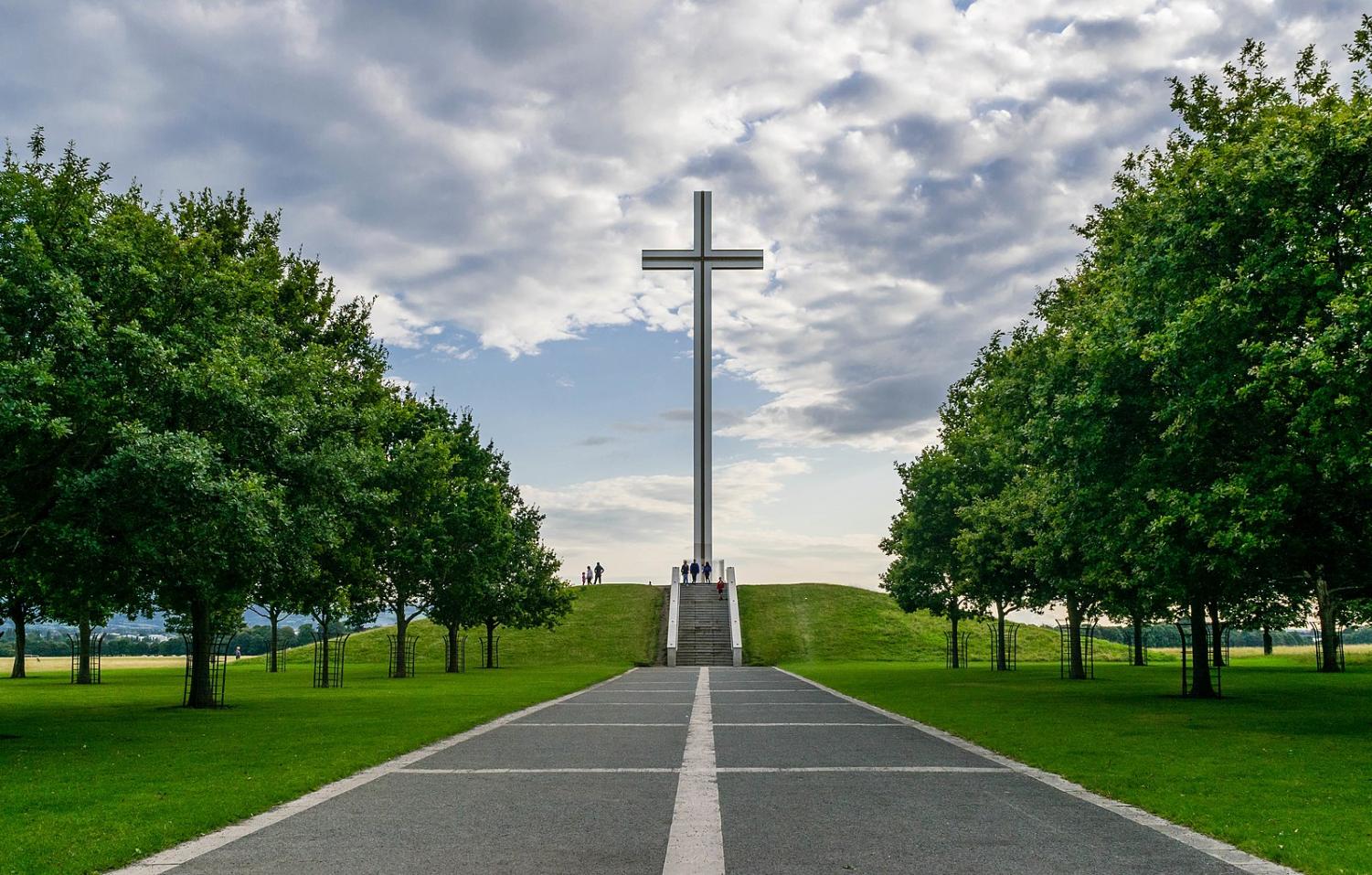Once again, we are gathering together to celebrate the resurrection of Christ. This is a happy time, but it should also be a time of remembrance of our fellow brothers and sisters in Christ who have suffered during this time of year. Historically, Christians celebrating Easter in other countries have faced danger for their faith. We should honor and look toward those who have experienced serious hardship. This is a very difficult time for many people and we should be inspired by believers who have overcome incredibly heavy catastrophes amid their lenten seasons.
THE PLAGUE
Back in 1630, the plague hit Italy incredibly hard. During the time of the outbreak, members of the Jewish community struggled to congregate for worship. Synagogues had a 10-person minimum requirement for services, but with the lack of members present during the plague, both Jewish people and Christians had to find different ways to worship. Some resorted to praying by the windows of their homes.
Many Christians wrestled with an existential faith crisis during the time of the plague. Instead of turning to God, many turned to the church for answers, something the church could not provide given the circumstances. While the church was losing followers, it was also losing priests and doctors who had the highest rate of contact with the plague and the highest fatality rates.
After the plague ended, people started to turn against God. They threw parties, drank excessively and gambled.
History is something that we should and can learn from. Many churches are now using Facebook Live and Zoom to reach its members—we should never forget the source of our strength and wellbeing. While the church is necessary for support and creating a community for worship, our faith and strength should not be dependent on the church and its members, but on God.
2019 SRI LANKA BOMBING
Christians make up less than 10% of Sri Lanka’s 21.4 million people. This year is the second year in a row tragedy has struck their lenten season. On Easter Sunday last year, over 200 people were killed in Sri Lanka by terrorist bombers. This was a senseless, brutal attack and we should remember the victims on the anniversary of their passing.
However, we must go beyond that. We must remind ourselves of how blessed we are to be where we are today. While I understand that not every Biola student has the privilege of calling the United States their home, there are students who do. Domestic students should always be grateful to live in a country where we are free to worship our Lord Jesus Christ freely. We can celebrate in peace with our friends and family. While this is a fantastic time, I also encourage students to pray and support Christians in countries where they face extreme persecution and danger for their beliefs.
CANCELED VATICAN SERVICE
Out of all other European countries, Italy is getting hit the hardest by the COVID-19 outbreak, with more than 20,000 dead. Pope Francis’s annual Easter service usually attracts tens of thousands of people. However, this year the public will not be able to attend the event because of the COVID-19 outbreak. Originally, the plan was to continue, but on March 18 they canceled it and excluded the public altogether. However, the Pope will conduct a televised version of this Sunday’s service, allowing many people to still have a sermon on this very important Sunday. Despite the nuisance of the virus, churches are still fighting to provide the congregation with sermons.
THE BOTTOM LINE
In a way, Easter is about coming back from dark times. Just as Christ was able to return from something as dark as death, we are able to come back from an outbreak that has hit the world incredibly hard when we rely on Him. Throughout the centuries, Christians have faced severe hardship alongside the rest of the world. Four hundred years ago it was the plague, last year it was the bombing in Sri Lanka and this year we face the COVID-19 outbreak. Despite the hardship, we can come back stronger, more grateful and eager for connection—we stick to our faith. While the situation is not ideal, we still have connection to our church through technology, and many students are not in places where they are threatened for their faith like Sri Lanka. If our brothers and sisters in Christ can overcome adversity such as disease and persecution, we can also overcome this outbreak.








